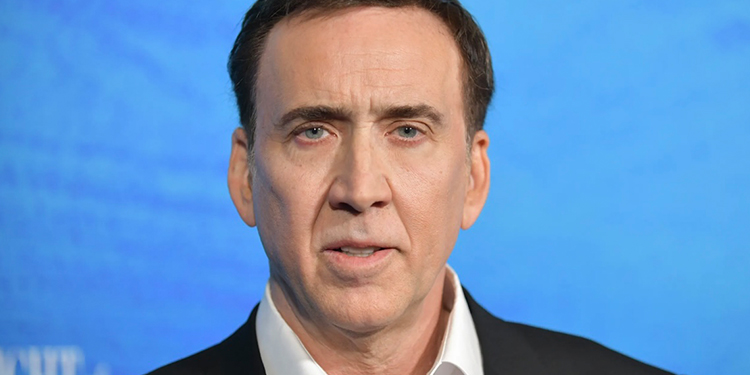In the realm of AI infiltrating various facets of entertainment, Nicolas Cage, star of “Dream Scenario,” expresses his skepticism and unease regarding its applications in movies and even the creation of a new Beatles song. Cage candidly admits that he is not a fan of these novel uses of technology, finding them rather unsettling.
The integration of artificial intelligence in filmmaking has allowed for innovations in special effects, animation, and even scriptwriting. However, Cage’s apprehension suggests that the rapid advancements might be encroaching on the authenticity and human touch that he values in the cinematic experience.
The notion of AI crafting a new Beatles song adds another layer to this evolving landscape. The use of technology to emulate the iconic sound of a legendary band raises questions about the boundaries between creativity and artificial replication. Cage’s discomfort may stem from the potential implications for the artistic process and the unique qualities that make human creativity distinctive.
As technology continues to push boundaries, the intersection of AI and entertainment prompts discussions about ethics, creativity, and the preservation of genuine artistic expression. Cage’s stance reflects a sentiment shared by those who harbor concerns about the potential ramifications of technology overshadowing the human element in the creative arts. It raises a poignant question: in the pursuit of innovation, how do we balance the benefits of AI with the preservation of the soul and authenticity that define the arts?










